How reliable is your income from dividend payouts?
Many blue-chip stocks are stretching their dividend payouts to the limit. Make sure you don’t pay the price.

Get the latest financial news, insights and expert analysis from our award-winning MoneyWeek team, to help you understand what really matters when it comes to your finances.
You are now subscribed
Your newsletter sign-up was successful
Want to add more newsletters?

Twice daily
MoneyWeek
Get the latest financial news, insights and expert analysis from our award-winning MoneyWeek team, to help you understand what really matters when it comes to your finances.

Four times a week
Look After My Bills
Sign up to our free money-saving newsletter, filled with the latest news and expert advice to help you find the best tips and deals for managing your bills. Start saving today!

Investors are probably sick of hearing about equity income funds in the wake of the Neil Woodford debacle. But this week attention has turned to traditional equity income funds, rather than Woodford's (which wasn't really an equity income fund at all). The general point (and appeal) of an equity income fund is that it invests in companies that offer higher-than-average dividend yields, whereas Woodford's fund eventually owned large numbers of unlisted stocks paying no dividends at all, propped up by a few mid-cap high-yielders.
The good news is that most UK equity income funds you're likely to own are nothing like that. The bad news, as Laura Suter of investment platform AJ Bell pointed out this week, is that many funds are currently invested in stocks that appear to be pushing the limit when it comes to their payouts.
Dividend cover is a simple ratio that compares earnings with dividend payouts. Ideally, you'd want to see a dividend cover of twice or more in other words, where earnings are at least twice as large as dividend payouts, providing a nice cushion in case of future disappointments. However, dividend cover across the board has been steadily shrinking and is expected to hit its lowest level in a decade this year. The risk is that this will leave companies unable to maintain their payouts.
MoneyWeek
Subscribe to MoneyWeek today and get your first six magazine issues absolutely FREE

Sign up to Money Morning
Don't miss the latest investment and personal finances news, market analysis, plus money-saving tips with our free twice-daily newsletter
Don't miss the latest investment and personal finances news, market analysis, plus money-saving tips with our free twice-daily newsletter
As Suter flags up, ten of the highest-yielding stocks in the FTSE 100 have dividend cover of less than 1.5. These include housebuilders Persimmon and Taylor Wimpey and tobacco giant Imperial Brands (all of which trade on extraordinarily high yields of above 11%), while both of the oil majors, BP and Shell (yielding a bit below 7% a piece), are also on the list. In turn, says Suter, of the 83 funds in the UK Equity Income sector, a full 30 of them own five or more of these high-yielding "dangerzone" stocks in their top-ten holdings. Some of the biggest funds on the list include the Man GLG UK Income fund and the M&G Dividend fund.
Does low dividend cover mean a stock is heading for a dividend cut? Not necessarily. Companies with dependable earnings can operate with lower dividend cover than those with volatile earnings. And with dividend yields above 11%, a fund manager may consider a stock worth buying in any case even if the dividend is trimmed, it may still end up being reasonably generous. However, if you are an income investor, look at the funds you own (and any individual stocks you have) to check just how dependent your income is on individual stocks. If your payouts are coming from just a handful of companies, you may want to diversify your portfolio further.
Get the latest financial news, insights and expert analysis from our award-winning MoneyWeek team, to help you understand what really matters when it comes to your finances.

-
 Should you buy an active ETF?
Should you buy an active ETF?ETFs are often mischaracterised as passive products, but they can be a convenient way to add active management to your portfolio
-
 Power up your pension before 5 April – easy ways to save before the tax year end
Power up your pension before 5 April – easy ways to save before the tax year endWith the end of the tax year looming, pension savers currently have a window to review and maximise what’s going into their retirement funds – we look at how
-
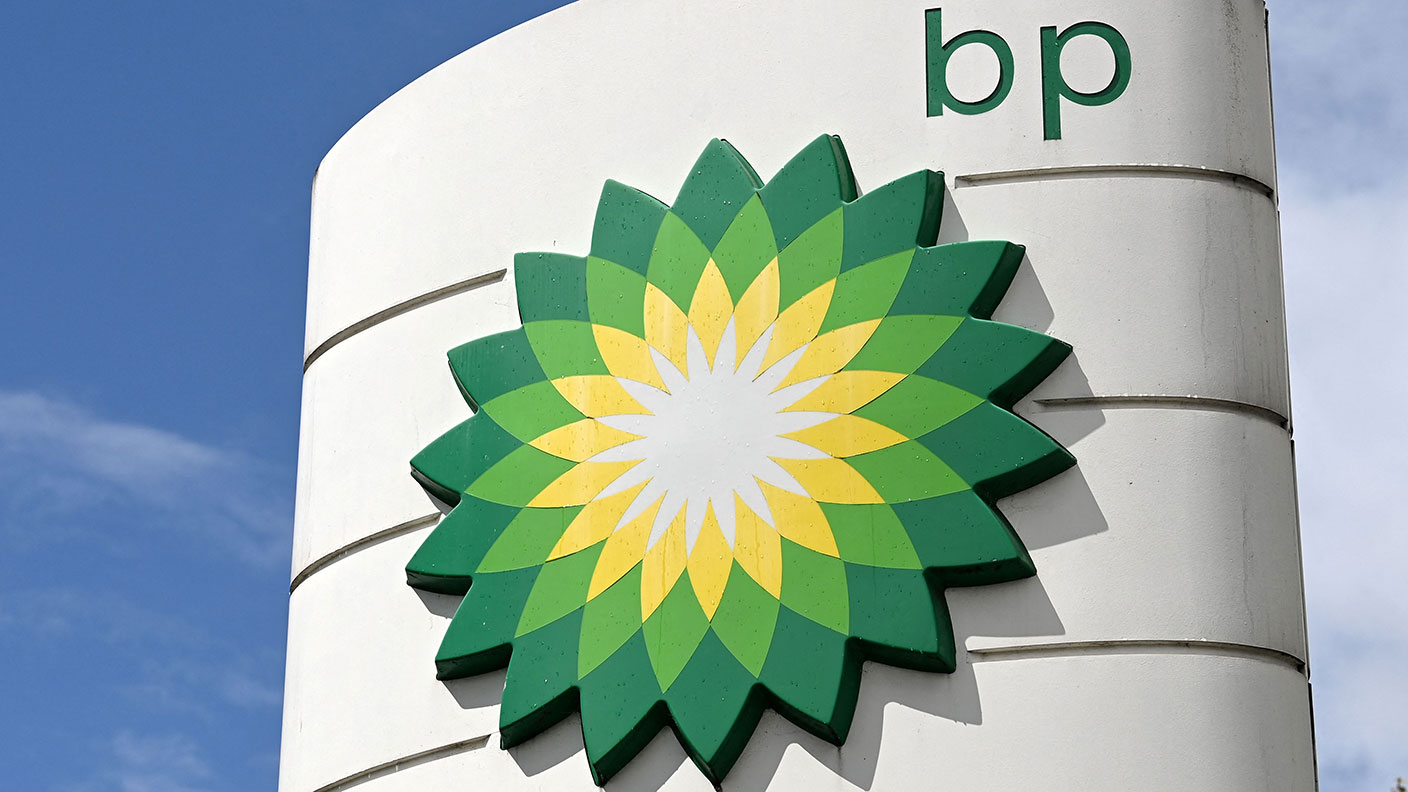 As oil prices surge, should you buy BP shares?
As oil prices surge, should you buy BP shares?Analysis The imbalance between supply and demand has sent the oil price surging, bringing bumper profits to oil giant BP. Rupert Hargreaves looks at the numbers and asks if BP shares deserve a place in your portfolio.
-
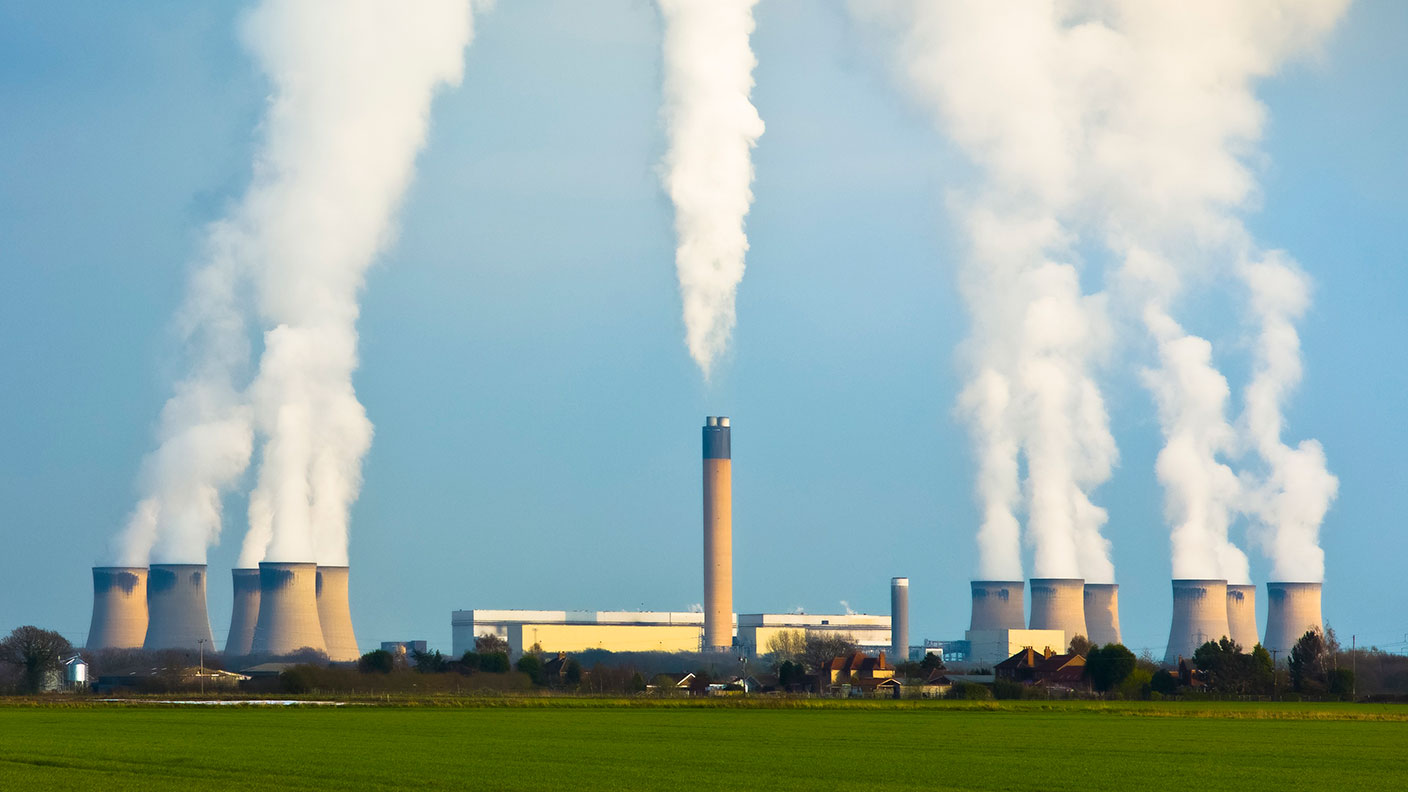 Should you be worried about energy windfall tax proposals?
Should you be worried about energy windfall tax proposals?Analysis Calls have been growing for a windfall tax on UK oil and gas producers. It's a popular idea, but is it a good one? And what does it mean for investors in the UK's energy companies? Rupert Hargreaves explains.
-
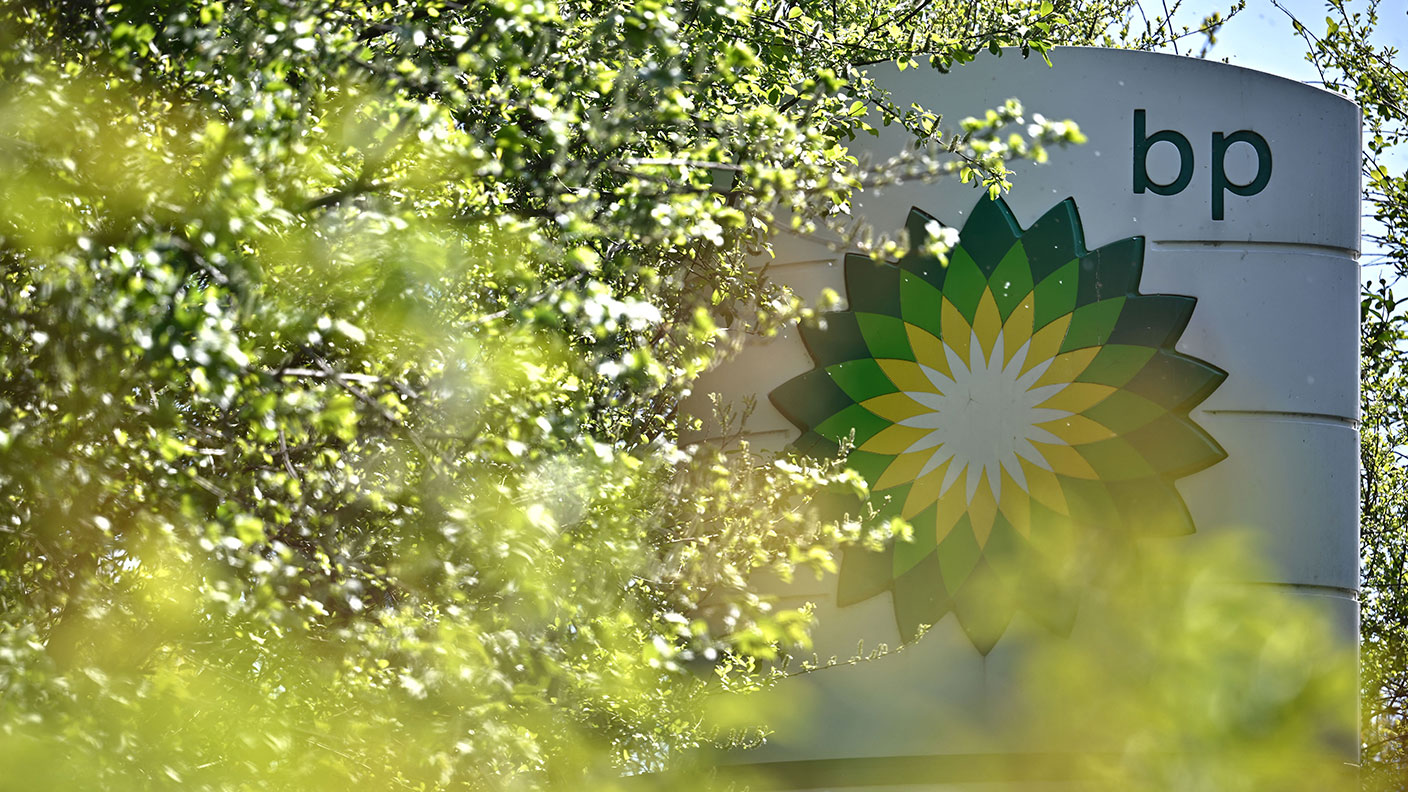 BP’s profits surge, but the company’s growth is far from guaranteed
BP’s profits surge, but the company’s growth is far from guaranteedAnalysis BP profits are at their highest in a decade, and it looks to be a business firing on all cylinders. But its future is far from certain, says Rupert Hargreaves.
-
 BP: really going “beyond petroleum” won't be easy
BP: really going “beyond petroleum” won't be easyNews BP is recovering and plans to become carbon neutral by 2050. Meanwhile, activist investors are targeting ExxonMobil. Matthew Partridge reports
-
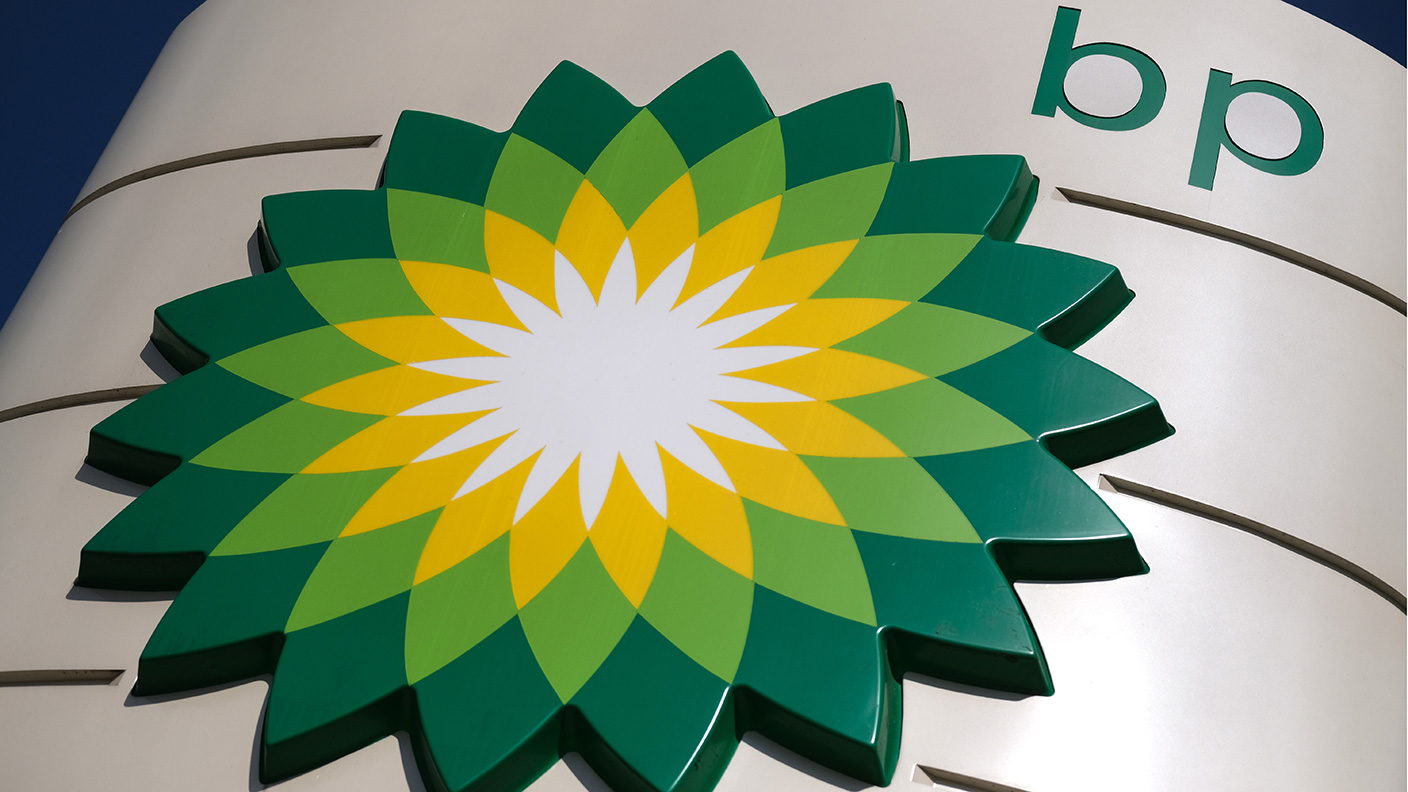 BP looks set to return more money to shareholders as it beats expectations
BP looks set to return more money to shareholders as it beats expectationsNews Oil major BP is to embark on a share buyback programme after significantly reducing its debts. Saloni Sardana looks at what it means for your portfolio.
-
 BP has slashed its dividend – and markets love it
BP has slashed its dividend – and markets love itOpinion BP has bowed to the inevitable and cut its dividend in half – and its share price promptly rose. John Stepek explains what it means for shareholders and for beleaguered income investors.
-
 BP bows to reality as it writes down $17bn of assets
BP bows to reality as it writes down $17bn of assetsNews The oil giant has ditched its conspicuously bullish outlook and written down the value of its assets. Will it cut its dividend too? Matthew Partridge reports
-
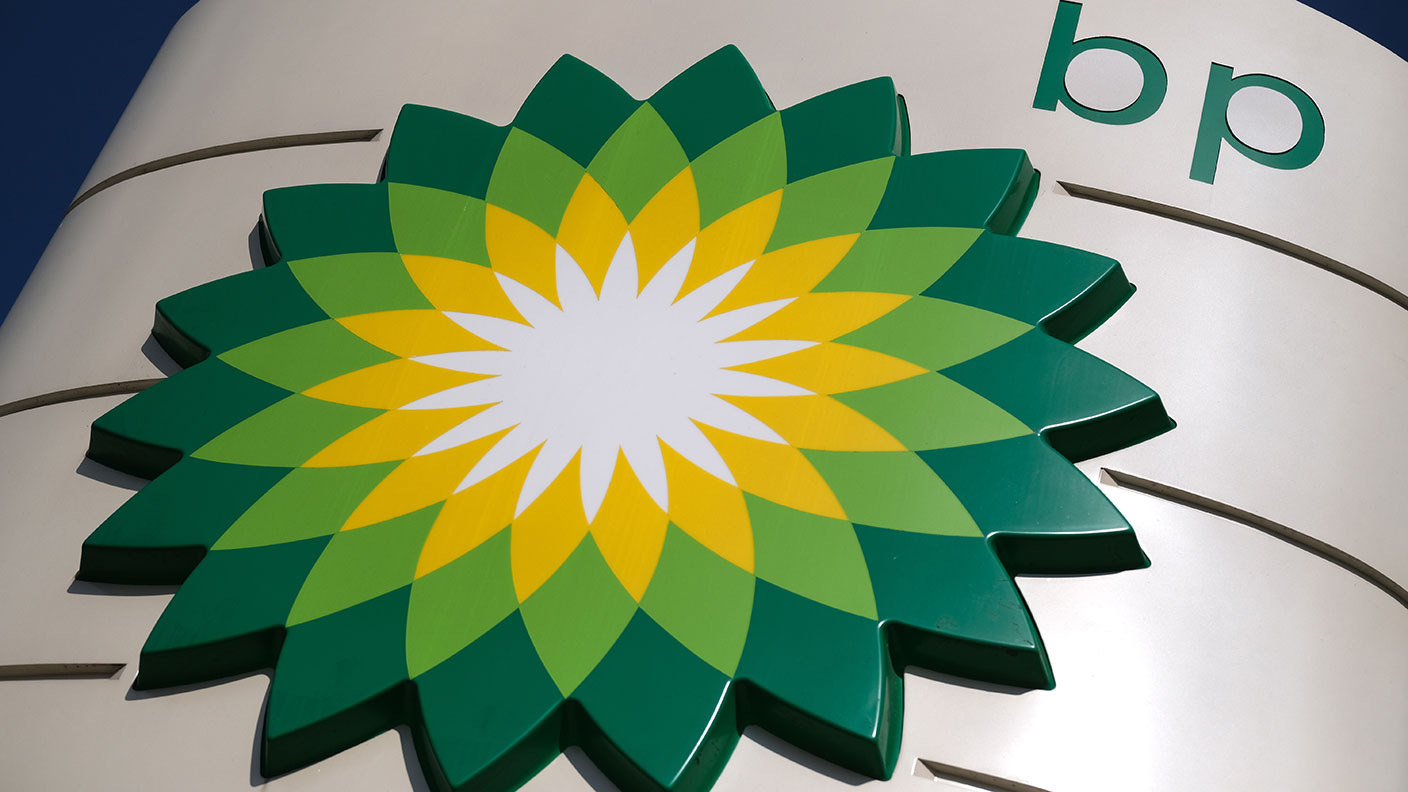 Watch out income investors – BP looks likely to cut its dividend in the near future
Watch out income investors – BP looks likely to cut its dividend in the near futureOpinion Oil major BP is writing billions off the value of its assets as it struggles to adapt to the changing world. Unlike Shell, however, BP hasn’t yet cut its dividend. But, says John Stepek, it’s only a matter of time till it does.